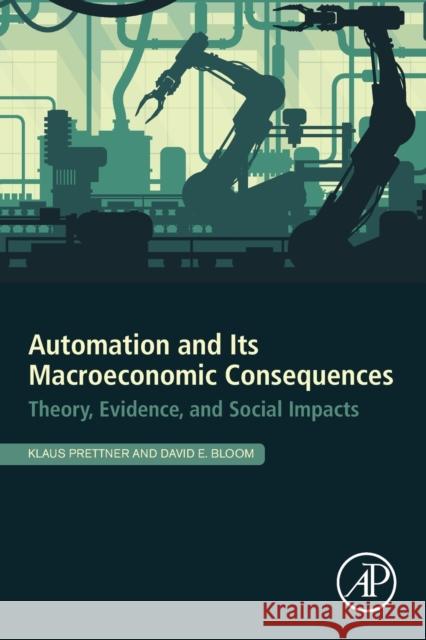Automation and Its Macroeconomic Consequences: Theory, Evidence, and Social Impacts » książka
topmenu
Automation and Its Macroeconomic Consequences: Theory, Evidence, and Social Impacts
ISBN-13: 9780128180280 / Angielski / Miękka / 2020 / 240 str.
Kategorie:
Kategorie BISAC:
Wydawca:
Academic Press
Język:
Angielski
ISBN-13:
9780128180280
Rok wydania:
2020
Ilość stron:
240
Waga:
0.34 kg
Wymiary:
22.86 x 15.24 x 1.35
Oprawa:
Miękka
Wolumenów:
01
Dodatkowe informacje:
Wydanie ilustrowane











